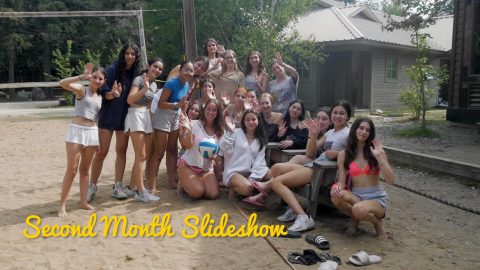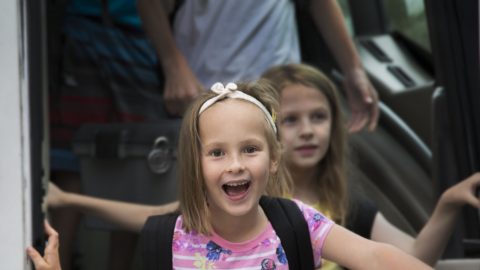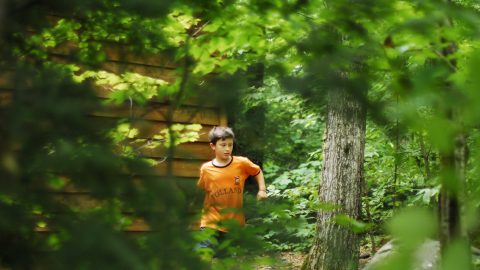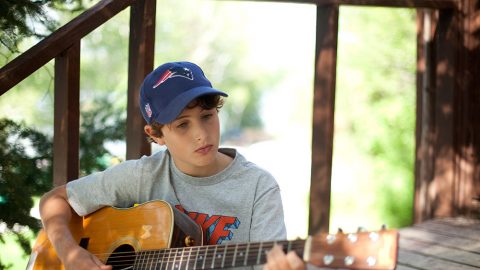6 Ways Camps Can Prevent Bullying
Let’s get one thing clear: Camp White Pine has a zero-tolerance approach to bullying. It’s simply non-negotiable.
That being said, it’s always best to prevent a problem before it begins, and bullying is no exception. Here are six things summer camps and camp counsellors can do to prevent bullying.
1. Develop the Cabin Group
From the minute the kids get off the bus, this should be the primary goal of the counsellor. The best antidote to bullying is a strong cabin dynamic, and counsellors can cultivate this through creating a warm and caring environment in which campers work together, try new experiences, and encourage one other to succeed.
2. Create Leadership Opportunities
One of a counsellor’s most important duties is to channel her camper’s energies towards productive things. By shaping your confident and energetic campers into positive leaders, you help create a more inclusive cabin environment.
One way we do this at White Pine is through our “Big Buddy Little Buddy Program” in which we pair older and younger campers. It’s fun for the younger campers to make a cool older friend, but it’s also an opportunity for the older campers to learn how to be positive leaders and good role models.
3. Let the Kids Help Set the Cabin Rules
Campers will be far more inclined to follow the cabin “rules” if they helped create them.
On the first night of camp at White Pine, counsellors and campers work together to create a kind of cabin code of conduct. It’s effective because it’s not some arbitrary set of rules set in stone by the camp director, but a documentthey helped create.
4. Plan Something Special
Late-night games of tennis, early morning skis, and cabin cooking lessons with the baker are things campers always remember. They’re also things that bring a cabin closer together.
So get creative and plan something a little out-of-the ordinary.
5. Go on a Canoe Trip
Canoe trips are huge bonding experiences in which campers and counsellors must work together to succeed. They’re also a great refuge from the distractions and social pressures of everyday life. When you’re out paddling on a lake in Algonquin Park, you’re not worried about what you’re wearing or what you look like. You’re focused on the friends in your canoe, the sun on your back, and the portage around the bend.
Simply put, canoe trips are a great way for campers to feel good about themselves. And campers who feel good about themselves are usually good to each other.
6. Help Them Make Friends
Take that quiet, struggling camper and talk to him. What activities does he love? What makes him smile? Once you know, pair him up with a someone with similar interests. You’d be surprised how quickly friendships develop.
– Dana Zosky and Colin J. Fleming





